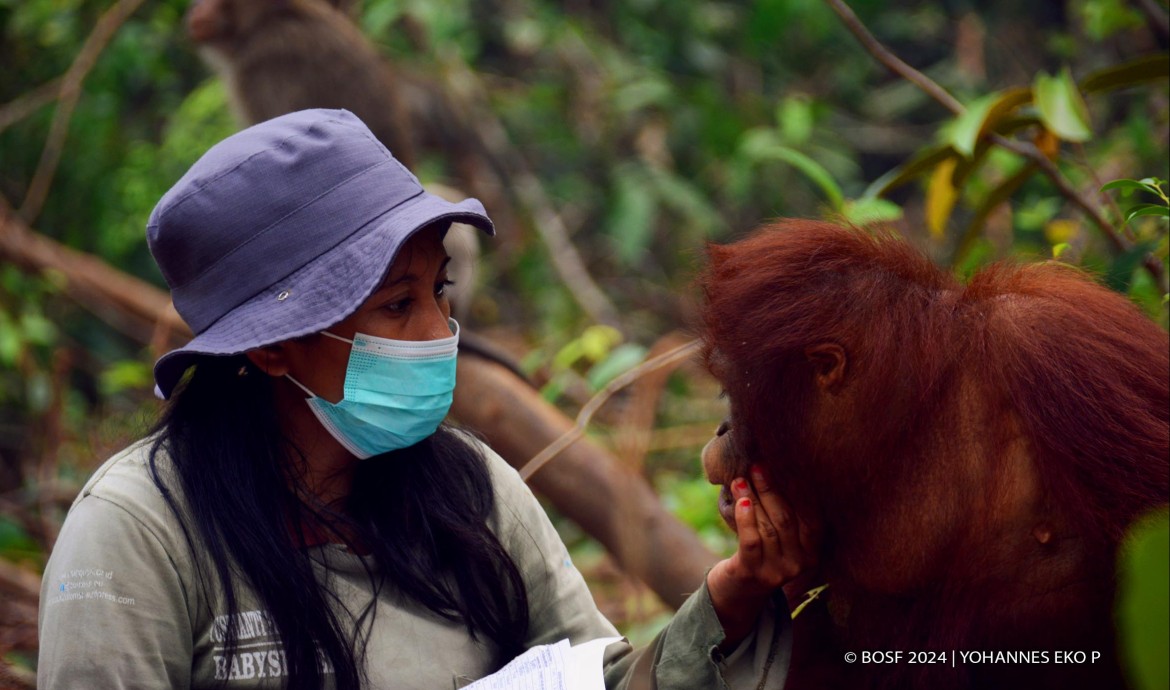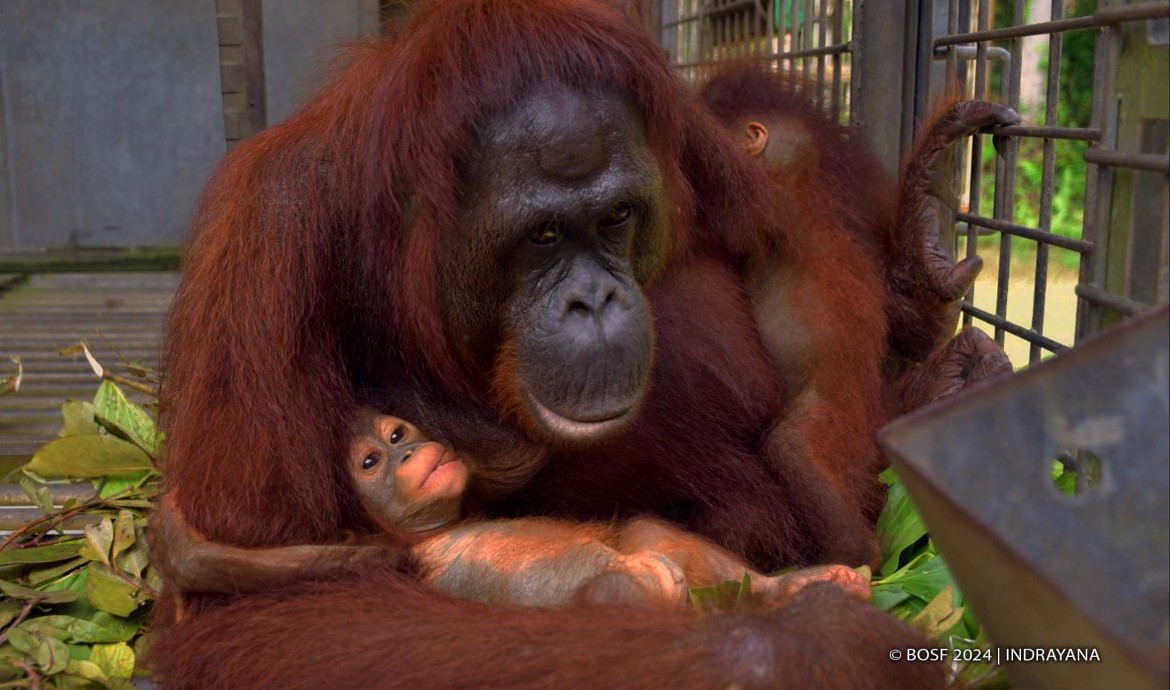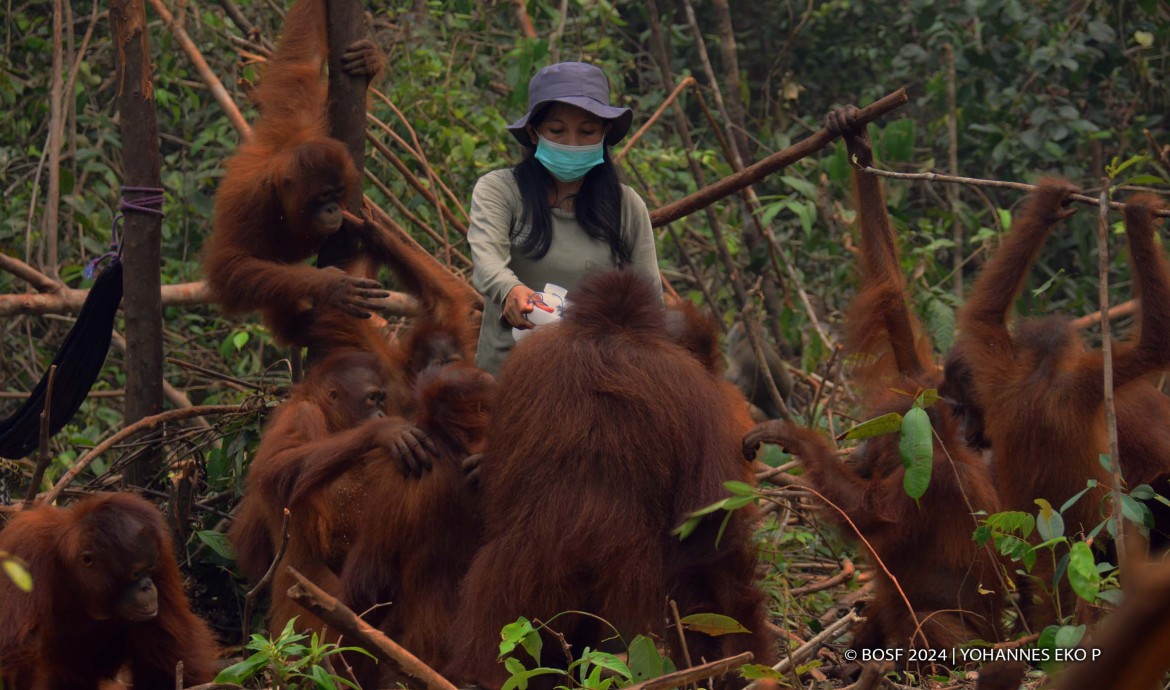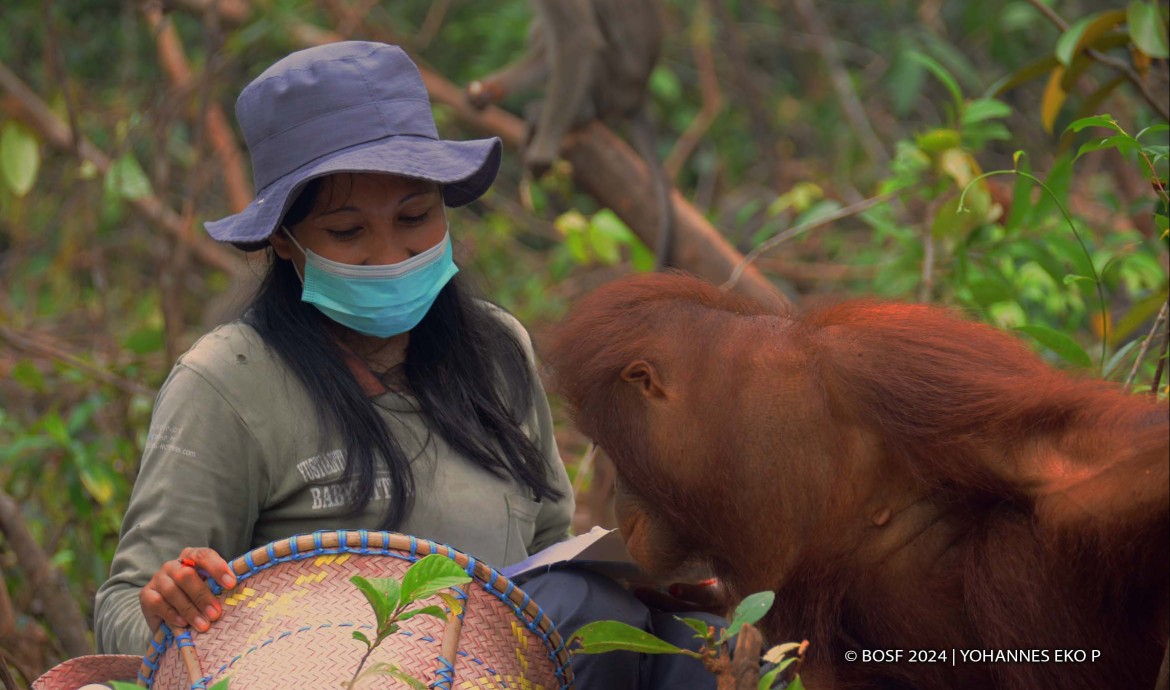Orangutans, the gentle giants of the primate world, have long fascinated researchers and animal lovers alike with their intelligence and complex behaviors. Recently, a growing body of evidence suggests that these remarkable creatures may possess the ability to understand and exhibit empathy, a trait once thought to be uniquely human.

One of the most compelling cases of orangutan empathy occurred at a rehabilitation center in Borneo. A young orangutan named Maya had been severely injured, and her wounds required constant care. During her recovery, another orangutan, named Budi, began to exhibit extraordinary behavior. He would gently groom Maya, offer her food, and stay by her side for hours. The staff at the center were astonished by Budi’s attentiveness and apparent concern for Maya’s well-being.

This heartwarming example is not an isolated incident. Researchers have documented numerous cases where orangutans seem to demonstrate empathetic behaviors. In the wild, orangutans have been observed comforting distressed peers, sharing food, and even assisting injured companions. These actions suggest a level of emotional intelligence that challenges our understanding of primate behavior.

To delve deeper into this phenomenon, scientists have conducted various studies to explore the emotional and cognitive capabilities of orangutans. One such study involved presenting orangutans with scenarios where they had the opportunity to help others. The results were striking: orangutans often chose to assist their peers, even when there was no direct benefit to themselves. This indicates a capacity for empathy and altruism, traits that are foundational to complex social interactions.

Moreover, brain imaging studies have revealed that orangutans have highly developed brain regions associated with emotion and social behavior. The similarities between the neural structures of orangutans and humans provide further evidence that these primates may experience emotions in ways akin to our own.
In captivity, the bonds formed between orangutans and their human caretakers offer additional insights into their empathetic nature. At the Orangutan Foundation International in Indonesia, caregivers have recounted numerous stories of orangutans displaying what can only be described as compassionate behavior. For example, when a caregiver was visibly upset, an orangutan named Tebi approached and offered a gentle embrace, seemingly understanding and responding to the caregiver’s distress.
The implications of these findings are profound. Recognizing the emotional depth of orangutans compels us to reconsider our relationship with these incredible animals. It underscores the importance of conservation efforts, not just to preserve their habitats but also to protect the intricate social structures that are vital to their emotional well-being.
As deforestation and habitat destruction continue to threaten orangutan populations, the need for empathy towards these primates becomes ever more urgent. Conservationists argue that by acknowledging the emotional lives of orangutans, we can foster a greater sense of responsibility and urgency in protecting their natural habitats.
In conclusion, the growing body of evidence suggests that orangutans are capable of understanding and exhibiting empathy in ways that are strikingly similar to humans. Their emotional intelligence, as demonstrated through numerous heartwarming examples, challenges us to broaden our perspective on primate behavior and to enhance our efforts in conservation. The remarkable empathy shown by orangutans not only highlights their cognitive and emotional complexity but also serves as a powerful reminder of our shared kinship with these extraordinary creatures.
